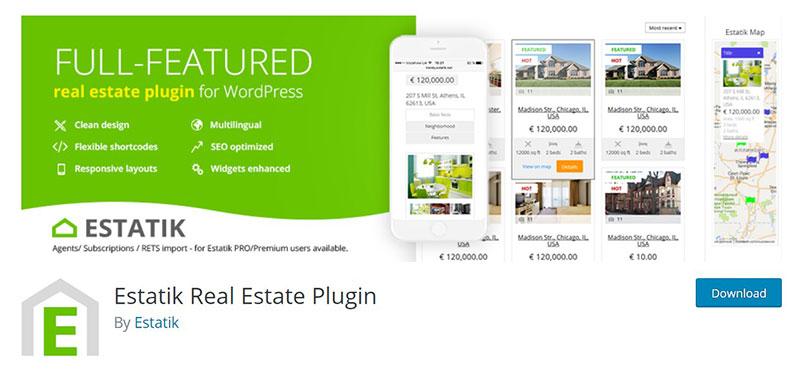Are you a real estate agent, broker, or developer looking to elevate your online presence and streamline property listings? If so, you’re in the right place! In today’s competitive real estate market, having an attractive and functional website is essential for capturing leads and closing deals. One of the most effective ways to enhance your WordPress site is by integrating Multiple Listing Service (MLS) plugins. These powerful tools can help you showcase listings, attract buyers, and provide your visitors with a seamless experience.
In this article, we’ll dive into the 14 best MLS WordPress plugins that will transform your website into a real estate powerhouse. Whether you’re a seasoned pro or just starting out, we’ll guide you through each plugin’s unique features and benefits, ensuring you find the perfect fit for your needs. Plus, we’ll provide a step-by-step integration guide to get you up and running in no time. So, let’s unlock the potential of your real estate website, and get ready to turn visitors into lifelong clients!
Exploring the World of MLS WordPress Plugins
When it comes to real estate websites, having a reliable and efficient MLS (Multiple Listing Service) integration is crucial for agents, brokers, and agencies looking to stay competitive. MLS WordPress plugins simplify the process of importing listings and managing property information, ensuring you can present your offerings effectively. Choosing the right plugin can elevate your site’s functionality and user experience, making it easier for potential clients to find their dream home.
Here are some top features to look for in MLS WordPress plugins:
- Customizable Listings: The ability to modify the appearance of listings to match your branding.
- Advanced Search Functionality: A robust search filter that allows users to narrow down properties based on their preferences.
- Responsive Design: Ensures your listings look great on all devices, from desktops to smartphones.
- Compatibility: Works seamlessly with popular WordPress themes and page builders.
Moreover, integrating an MLS plugin can significantly enhance the user experience by providing real-time updates and ensuring data accuracy. Many plugins offer features like automated updates, which save time and reduce the chances of displaying outdated listings. This is not just beneficial for the users but also for SEO, as fresh content can improve your website’s visibility on search engines.
To give you a clearer picture of what’s available, here’s a comparison of some popular MLS WordPress plugins:
| Plugin Name | Key Features | Price |
|---|---|---|
| Real Estate Pro | Custom fields, IDX integration, SEO optimized | $59/year |
| WP Real Estate | Advanced search, customizable templates | Free with premium options |
| IMPress Listings | Easy MLS integration, responsive layouts | $99/year |
Integrating an MLS plugin into your WordPress site can streamline your workflow, allowing you to focus more on client relationships and less on technical hassles. Many plugins come with extensive documentation and customer support, making it easier for you to set up and maintain your listings. Whether you’re a seasoned agent or just starting, the benefits of using MLS WordPress plugins are clear: they provide a competitive edge while improving user satisfaction.

Why Choosing the Right MLS Plugin is Crucial for Your Real Estate Website
When it comes to real estate websites, the choice of a Multiple Listing Service (MLS) plugin can make or break your online presence. An effective MLS plugin not only enhances the functionality of your website but also significantly improves user experience. With the right tools, potential buyers can easily navigate through listings, leading to higher engagement and conversion rates. Here are some reasons why selecting the perfect MLS plugin is essential:
- Streamlined Property Search: A well-designed MLS plugin offers advanced search features, allowing users to filter properties based on various criteria such as location, price range, and property type. This tailored experience keeps users on your site longer and increases their chances of finding exactly what they need.
- Responsive Design: With more users accessing websites via mobile devices, it’s crucial to choose a plugin that ensures your listings look great and function seamlessly across all screen sizes. A responsive MLS plugin will adapt to different devices, providing a consistent experience.
- SEO Optimization: Not all MLS plugins are created equal when it comes to search engine optimization. Opting for an SEO-friendly plugin can help your listings rank higher in search results, attracting more organic traffic to your website.
Moreover, integration capabilities play a pivotal role in the decision-making process. It’s vital to select a plugin that can easily connect with existing tools and platforms you use, such as CRM systems or social media channels. This integration not only saves time but also enhances the overall efficiency of your operations.
Another factor to consider is support and updates. The real estate market is ever-evolving, and your MLS plugin should be too. Choose a plugin backed by a reliable developer that offers regular updates and support, ensuring your website remains competitive and secure.
| Feature | Importance |
|---|---|
| Advanced Search Filters | Increases user satisfaction |
| Mobile Responsiveness | Captures more traffic |
| SEO Capabilities | Boosts visibility on search engines |
| Integration with Other Tools | Enhances operational efficiency |
| Regular Updates | Keeps your site secure and competitive |
the right MLS plugin can transform your real estate website into a powerful tool that not only showcases your listings but also drives traffic and conversions. By considering essential features, integration options, and ongoing support, you can ensure your website stands out in a crowded marketplace, ultimately leading to long-term success.
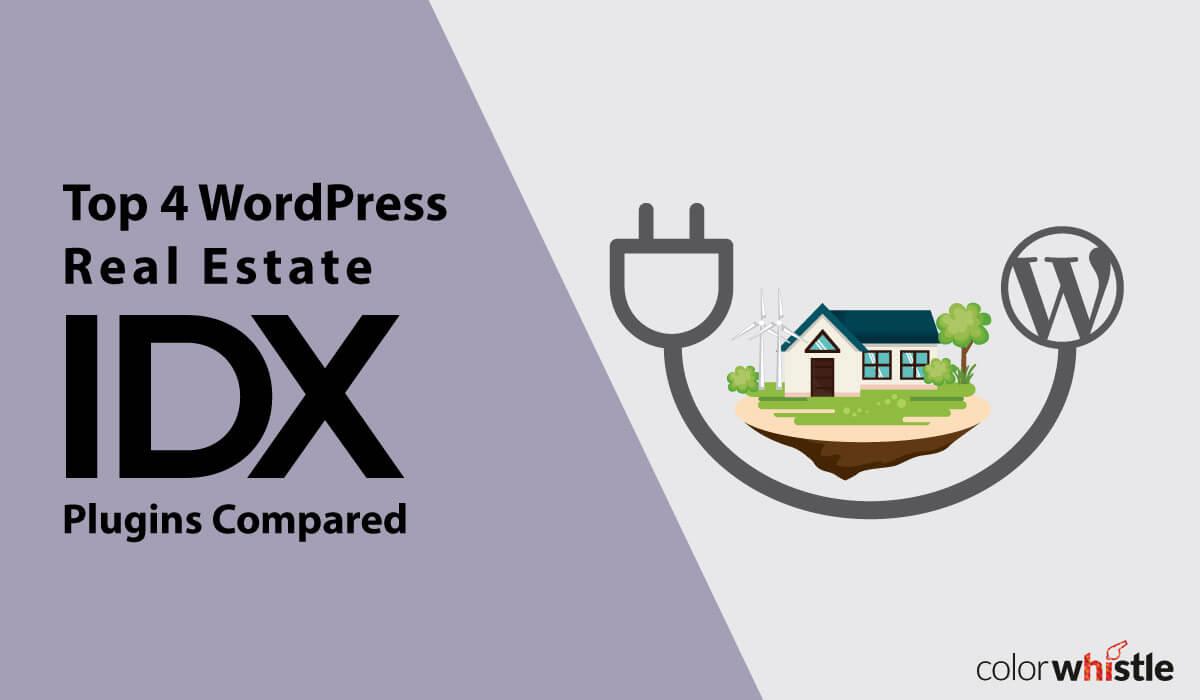
Top Features to Look for in MLS WordPress Plugins
When diving into the world of MLS WordPress plugins, it’s essential to focus on specific features that can enhance your website’s functionality and user experience. First and foremost, user-friendly interfaces are a must. A plugin that is easy to navigate allows both site administrators and visitors to find listings effortlessly. Look for plugins that prioritize intuitive design and clear navigation paths.
Another crucial feature to consider is customization options. The ability to tailor the appearance and functionality of the MLS listings to fit your brand can set your website apart. Look for plugins that offer a range of templates, styles, and settings to customize listings, search forms, and maps according to your preferences. This flexibility not only enhances aesthetics but also improves user engagement.
Integration capabilities play a significant role in the effectiveness of MLS plugins. Choose a plugin that seamlessly integrates with popular real estate platforms and tools. This could include CRM systems, social media platforms, or analytics software. A plugin that supports various integrations can streamline your workflow and enhance your marketing efforts. Ensure that the plugin you choose has API availability for easier connectivity with other applications.
Additionally, responsive design is non-negotiable in today’s mobile-first world. Your MLS listings should look just as good on smartphones and tablets as they do on desktops. A plugin that automatically adjusts to different screen sizes ensures a positive browsing experience for all users, increasing the likelihood of engagement and conversions.
| Feature | Description |
|---|---|
| User-Friendly Interface | Easy navigation for administrators and visitors. |
| Customization Options | Personalize listings to match your brand. |
| Integration Capabilities | Connect with CRM and social media tools. |
| Responsive Design | Optimized for all devices. |
Lastly, customer support is a feature that should never be overlooked. Reliable support can make a significant difference, especially when you run into issues or have questions about using the plugin. Look for plugins that offer comprehensive documentation, tutorials, and responsive customer service options. This support can save you time and frustration when managing your MLS listings.
A Deep Dive into the Best MLS WordPress Plugins Available
When it comes to building a real estate website, integrating a Multiple Listing Service (MLS) is crucial for providing users with the most up-to-date property listings. Thankfully, WordPress offers a variety of plugins that can help streamline this process and enhance your site’s functionality. Here are some of the top MLS WordPress plugins that can elevate your real estate website.
1. IMPress Listings is a powerful plugin that allows you to easily manage and display your property listings. It integrates seamlessly with various MLS services and offers customizable templates. With features like advanced search options and responsive design, it ensures a smooth user experience across all devices.
2. IDX Broker is another popular choice, providing extensive customization options and powerful tools for lead generation. This plugin allows you to capture leads directly from your listings, making it an invaluable asset for any real estate professional. Its user-friendly dashboard offers detailed analytics to help you track the performance of your listings.
3. Real Estate Pro is a comprehensive solution that not only integrates MLS listings but also includes features for property management and payment processing. This plugin is perfect for agents looking to manage both listings and transactions from a single platform. The easy-to-use interface allows for a quick setup, ensuring you can get started almost instantly.
| Plugin Name | Key Features | Pros | Cons |
|---|---|---|---|
| IMPress Listings | Custom templates, responsive design | Easy to use, customizable | Limited support options |
| IDX Broker | Lead capture, analytics | Powerful tools, extensive customization | Monthly fees apply |
| Real Estate Pro | Property management, payment integration | All-in-one solution | More complex setup |
Additionally, consider WP Real Estate, which is known for its user-friendly interface and robust features. This plugin supports multiple property types and offers both frontend and backend management options. Whether you are a seasoned agent or just starting, WP Real Estate can adapt to your needs.
Lastly, Easy Property Listings deserves a mention for its simplicity and effectiveness. This plugin is lightweight and focuses on easy integration with various MLS systems. It provides a hassle-free experience for both users and site administrators, allowing you to focus on selling properties rather than dealing with technical issues.
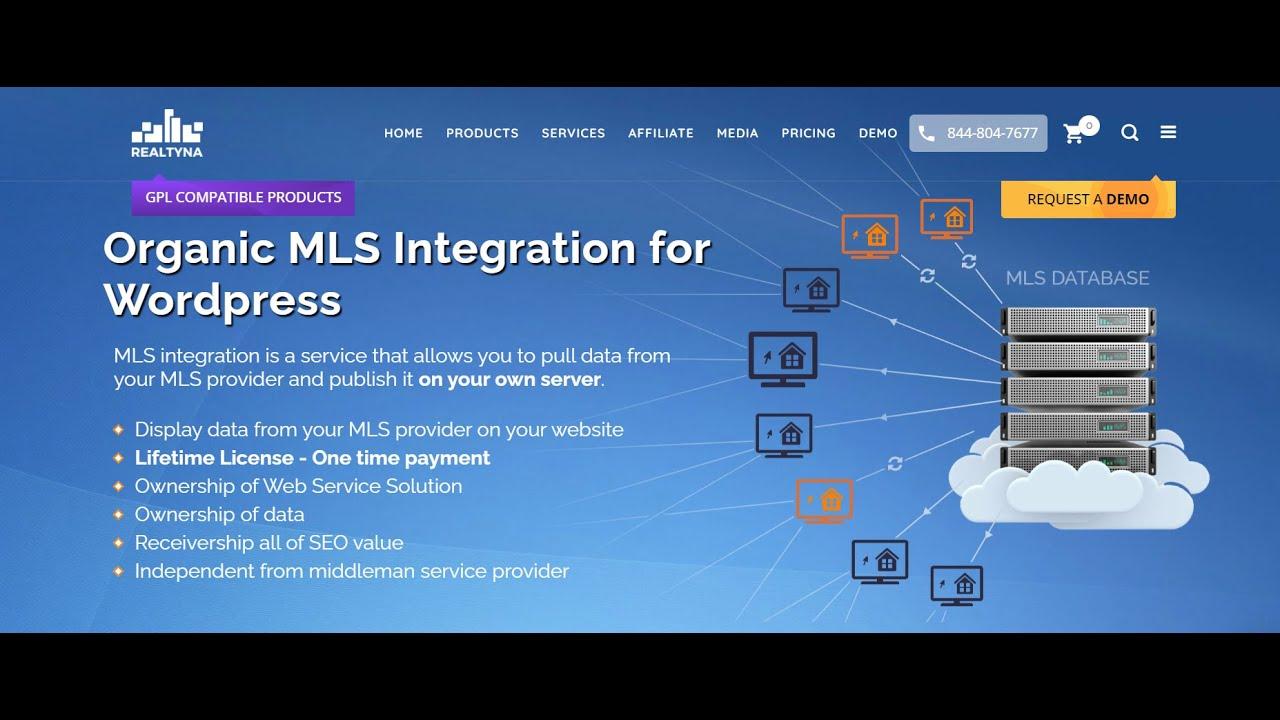
Maximizing Your Sites Potential with MLS Integration
Integrating Multiple Listing Service (MLS) data into your WordPress site can significantly boost its functionality and user experience. By utilizing the right plugins, you can offer your visitors a seamless way to browse property listings, enhancing their engagement and increasing the chances of conversions. Imagine giving your users access to updated property listings right at their fingertips, making your site their go-to resource for real estate inquiries.
When selecting MLS plugins, consider those that allow for easy customization and integration with your existing site design. Look for features such as:
- Responsive Design: Ensure the listings look great on all devices.
- Search Filters: Enable users to refine their searches based on criteria like location, price, and property type.
- Map Integration: Incorporate interactive maps to provide geographical context for listings.
- Lead Capture Forms: Integrate forms to collect user information for follow-up.
To effectively leverage MLS data, ensure that the plugins you choose are compatible with your current theme and other plugins. This compatibility is crucial for maintaining the site’s performance and ensuring that updates don’t disrupt your user experience. It’s also worth considering plugins that offer comprehensive support and documentation, which can prove invaluable during setup and troubleshooting.
Below is a simple comparison table of some popular MLS WordPress plugins:
| Plugin Name | Key Features | Pricing |
|---|---|---|
| Real Estate Pro | Customizable listings, Lead generation | $49/year |
| IMPress Listings | MLS Integration, SEO Friendly | Free |
| WP Real Estate | Responsive design, Advanced filtering | $79/year |
By embracing MLS integration, you not only enhance your site’s potential but also position yourself as a trusted resource in the real estate market. Users are more likely to return to a site that provides timely and relevant information, and the right MLS plugins can make that possible. This strategic move can lead to higher traffic, improved user retention, and ultimately, more successful real estate transactions.
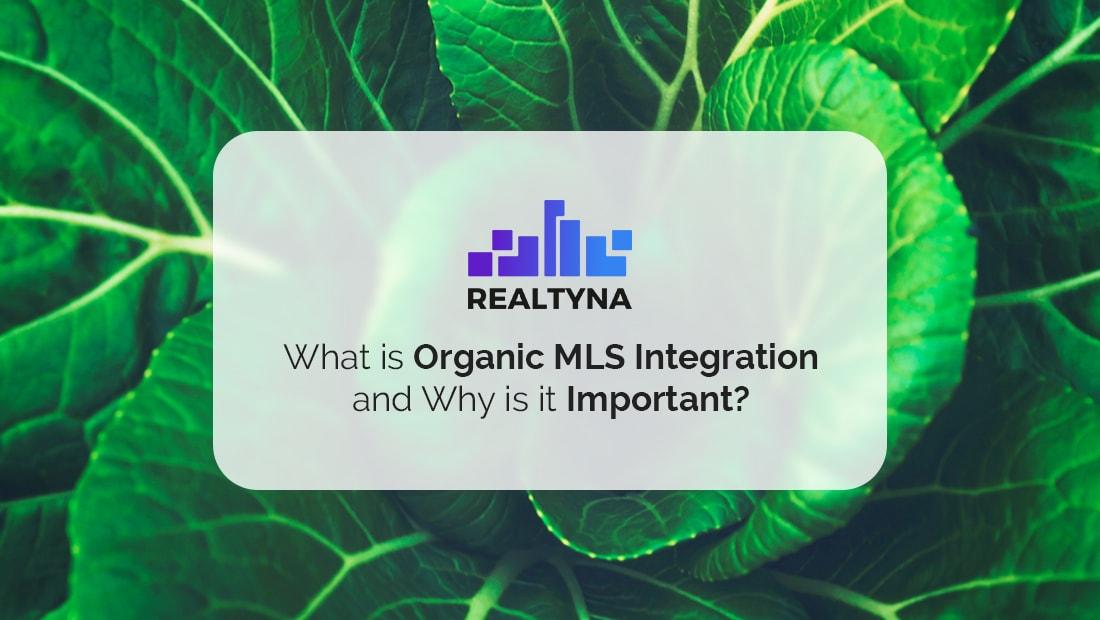
Step-by-Step Guide to Integrating MLS with WordPress
Integrating a Multiple Listing Service (MLS) with your WordPress site can significantly enhance your real estate business by providing your visitors with up-to-date property listings. To get started, follow these clear and actionable steps:
- Choose the Right MLS Plugin: Select a plugin that aligns with your specific needs. Popular options include IMPress Listings, Real Estate Pro, and WP Real Estate.
- Set Up Your WordPress Environment: Ensure your WordPress site is up-to-date, and install and activate the selected MLS plugin from the admin dashboard.
- Connect to Your MLS Account: Most plugins require you to enter your MLS credentials. This typically includes an API key or a unique login that the MLS provides.
Once your plugin is activated and connected, you’ll want to tailor the settings to fit your website’s branding and functionality.
- Customize Display Settings: Adjust the display options for listings, such as layout style, number of properties per page, and search functionalities.
- Configure SEO Settings: Optimize listings for search engines by adding meta titles, descriptions, and keywords to improve visibility.
- Add Widgets: If supported, use available widgets to display properties on different pages or sections of your site.
After setting up your MLS plugin, it’s time to test the integration:
- Test Search Functionality: Perform searches on your site to ensure listings appear correctly and that filters work as expected.
- Check Mobile Responsiveness: Ensure that your listings and search features are user-friendly on various devices.
- Monitor Performance: Keep an eye on loading times and user interactions to ensure a seamless experience for your visitors.
By following these steps, you’ll effectively integrate MLS with WordPress, offering your users an engaging and informative platform to explore real estate listings. Regularly update your plugin and its settings to reflect any changes in MLS data or your business needs.
Real-Life Success Stories: How MLS Plugins Boosted Business
Across the real estate landscape, many businesses have harnessed the power of MLS plugins to elevate their operations and enhance customer engagement. Let’s explore some inspiring success stories that demonstrate the transformative impact these tools can have.
A small real estate agency in Florida implemented an MLS plugin that allowed them to seamlessly integrate listings on their website. Within just a few months, they noticed a 30% increase in website traffic. Clients were drawn to the user-friendly interface and real-time updates, which enabled them to access the latest listings effortlessly. This newfound visibility helped the agency establish itself as a local authority, leading to increased inquiries and ultimately, more closed deals.
Another noteworthy example comes from a property management company in California. By adopting an MLS plugin, they streamlined their property search process, allowing tenants to filter by specific criteria such as price range, location, and amenities. This tailored experience resulted in a 40% reduction in the average time to secure a tenant. The plugin not only simplified the search but also fostered a more personalized interaction with potential renters, enhancing client satisfaction and retention.
In the competitive landscape of real estate, having accurate and easily accessible information is crucial. A boutique real estate firm in Texas leveraged an MLS plugin to create an interactive map feature on their site. This tool enabled users to visualize properties relative to local schools, parks, and public transport. Feedback showed that visitors appreciated this feature, leading to a 20% increase in lead generation. The firm’s ability to present compelling visual data helped them stand out in a crowded market.
| Company | MLS Plugin Impact | Result |
|---|---|---|
| Florida Agency | Integrated Listings | 30% Increase in Traffic |
| California Property Management | Streamlined Search | 40% Reduction in Tenant Secure Time |
| Texas Boutique Firm | Interactive Map Feature | 20% Increase in Leads |
These real-life examples highlight the undeniable benefits of MLS plugins. By embracing technology, real estate professionals can not only improve operational efficiency but also create remarkable experiences for their clients. As the market becomes increasingly digital, investing in the right MLS solutions is no longer just an option; it’s a necessity.
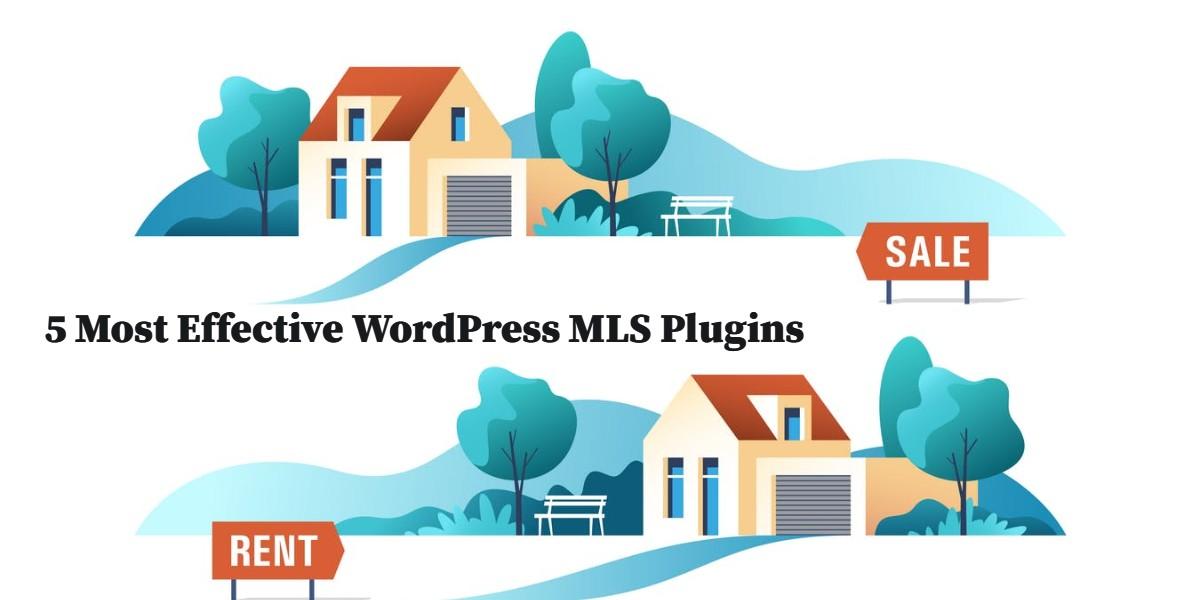
Comparing the Best MLS Plugins: Pros and Cons
When it comes to choosing the right MLS (Multiple Listing Service) plugin for your WordPress site, it’s essential to weigh the pros and cons of each option. With so many plugins available, narrowing down your choices can seem daunting. Here’s a closer look at some of the best MLS plugins on the market, highlighting their strengths and weaknesses.
Popular MLS Plugins and Their Features
| Plugin Name | Pros | Cons |
|---|---|---|
| IMPress Listings |
|
|
| MLS Import |
|
|
| Real Estate Pro |
|
|
Choosing a plugin that seamlessly integrates with your existing website while providing a smooth user experience is crucial. IMPress Listings, for example, excels in its intuitive design and customizable listings, making it perfect for beginners. However, it may not support MLS systems outside of the U.S., which could be a dealbreaker for international agencies.
On the other hand, MLS Import shines with its comprehensive features, suitable for larger agencies that need to manage extensive property databases. Although it automates property updates, the initial setup can be time-consuming and may require some technical know-how, which might deter new users.
Real Estate Pro offers a blend of great search functionality and mobile responsiveness, essential for today’s users. However, it’s vital to keep in mind that it requires regular updates to stay at peak performance, and it might not include all the advanced features that some users might need. aligning your specific needs with the strengths and weaknesses of each MLS plugin will lead to a more effective decision.
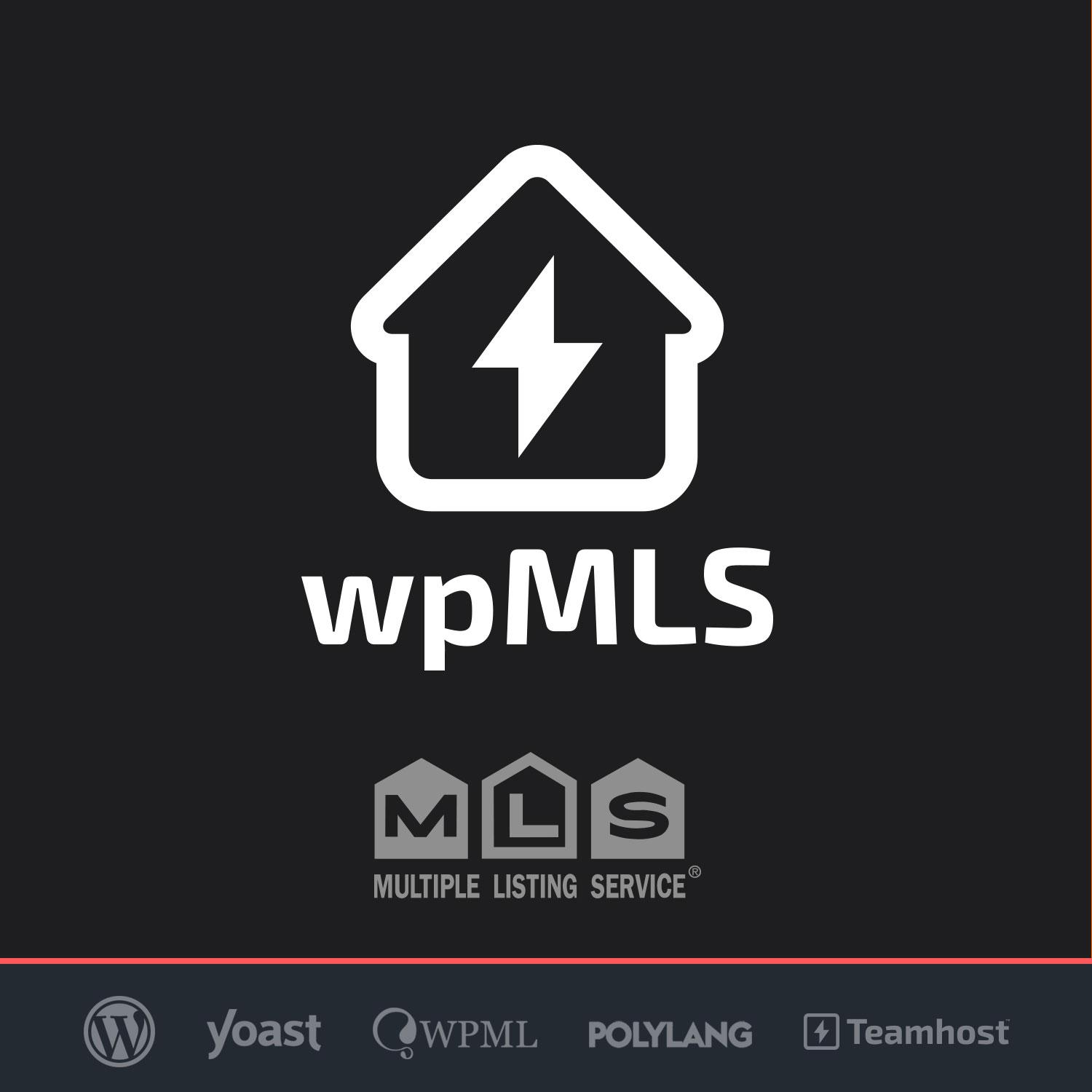
Getting the Most Out of Your MLS Plugin: Tips and Tricks
Maximizing Your MLS Plugin Experience
Using an MLS plugin can significantly enhance your real estate website, but merely installing one is not enough. To truly leverage its capabilities, consider the following tips and tricks that can elevate your site’s functionality and user engagement.
Customize Your Search Features: One of the standout features of MLS plugins is the ability to customize the property search experience. Tailor the search filters to match your target audience’s preferences. You can:
- Include property types (e.g., single-family homes, condos, etc.)
- Add price ranges and square footage options
- Implement advanced filters like neighborhood, school district, or amenities
Optimize for Mobile: With a significant number of users browsing on mobile devices, ensure that your MLS plugin is mobile-responsive. This includes checking that:
- The search bar and property listings display correctly
- Images and videos load quickly
- The overall navigation is user-friendly on smaller screens
Leverage SEO Best Practices: To increase visibility, integrate SEO strategies with your MLS plugin. Focus on:
- Using relevant keywords in property descriptions
- Creating unique meta titles and descriptions for each listing
- Utilizing schema markup for enhanced search results
Utilize Data Analytics: Most MLS plugins come with built-in analytics. Use these tools to monitor user behavior and engagement metrics. This data can help you:
- Identify popular search queries
- Adjust listing presentations based on user preferences
- Refine marketing strategies based on trends and insights
By implementing these strategies, you can transform your real estate website into a powerful tool that attracts and retains potential buyers, making the most out of your MLS plugin.
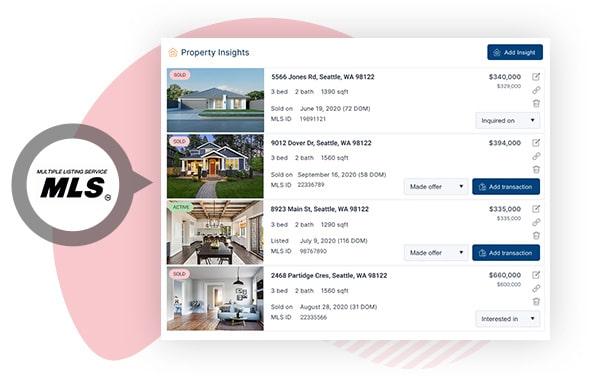
Future Trends in MLS Integration for WordPress Websites
Emerging Technologies for MLS Integration
As we look ahead, the integration of Multiple Listing Services (MLS) with WordPress websites is set to undergo a significant transformation, driven by advancements in technology. One of the most exciting trends is the rise of artificial intelligence and machine learning. These technologies will not only enhance property search functionalities but also provide personalized recommendations based on user behavior. Imagine a system that learns from your visitors’ preferences and showcases properties that align with their interests, all while seamlessly integrating with your WordPress site.
Enhanced User Experience through Automation
Automation is another trend that can revolutionize how real estate professionals manage listings. By integrating smart automation tools, MLS plugins can handle routine tasks—like updating property statuses or sending email alerts for new listings—without any manual input. This means less time spent on administrative responsibilities and more time focusing on client relationships and closing deals.
Mobile Optimization and Responsive Design
With mobile devices accounting for a significant portion of web traffic, the future of MLS integration must prioritize mobile optimization. Plugins that offer responsive design ensure that listings look great and function well on any device. The focus will be on creating a seamless experience, allowing users to search for properties, view listings, and engage with your content effortlessly, whether they’re on a desktop or using their smartphone.
Data Analytics and Insights
As data becomes increasingly important in the real estate sector, MLS integrations will leverage analytics tools to provide valuable insights into user behavior and market trends. This will enable real estate agents to make data-driven decisions, fine-tune marketing strategies, and better understand their audience. Future plugins will likely include built-in analytics features that allow site owners to track performance metrics directly within their WordPress dashboard.
Seamless Third-Party Integrations
Lastly, the future will see a surge in seamless integrations with third-party applications. From CRM systems to social media platforms, the ability to connect various tools and services will enhance the overall functionality of MLS plugins. This interconnectedness will provide a holistic view of client interactions, enabling agents to streamline their workflow and improve client engagement.
Frequently Asked Questions (FAQ)
Q&A: 14 Best MLS WordPress Plugins + Integrate MLS Guide
Q1: What is an MLS, and why is it important for real estate websites?
A: An MLS, or Multiple Listing Service, is a database of properties for sale that real estate professionals use to share information with one another. For real estate websites, integrating MLS is crucial because it allows you to display up-to-date property listings directly on your site. This not only enhances user experience but also helps establish your credibility as a trusted real estate agent or agency.
Q2: How can WordPress plugins enhance my MLS integration?
A: WordPress plugins specifically designed for MLS integration simplify the process of connecting your website to the MLS database. They provide tools for displaying listings, search functionality, and even lead generation features. By using these plugins, you can create a seamless browsing experience for your visitors, keeping them engaged and increasing the chances of conversion.
Q3: What should I look for in an MLS WordPress plugin?
A: When selecting an MLS WordPress plugin, consider factors like ease of use, customization options, compatibility with your theme, responsiveness, and customer support. Also, look for plugins that offer features such as advanced search filters, map view options, and IDX integration, as these will significantly enhance the user experience on your site.
Q4: Can I integrate MLS without any technical skills?
A: Absolutely! Many MLS WordPress plugins are designed with user-friendliness in mind. They often come with documentation and support to guide you through the installation and configuration processes. Even if you’re not tech-savvy, you can easily set up and integrate MLS listings on your site.
Q5: What are some of the best MLS WordPress plugins available?
A: Here are a few standout options to consider:
- dsIDXpress: Offers customizable IDX solutions and is known for its beautiful listing displays.
- Estatik: This plugin boasts a user-friendly interface and a powerful search engine.
- IMPress for IDX: Great for agents looking for a straightforward way to add IDX capabilities to their site.
Each of these plugins has unique features and benefits, so it’s worth exploring which one aligns best with your specific needs.
Q6: How do I install an MLS plugin on my WordPress site?
A: Installing an MLS plugin on your WordPress site is typically a straightforward process. Simply go to your WordPress dashboard, click on “Plugins,” then “Add New.” Search for the plugin you’ve chosen, click “Install,” and then “Activate.” From there, you’ll usually find setup instructions in the plugin settings to guide you through connecting to MLS.
Q7: Will integrating MLS affect my website’s performance?
A: While integrating MLS can add more features to your site, reputable plugins are designed to optimize performance. Look for plugins that use caching and don’t load excessive scripts, ensuring your site remains fast and responsive. It’s also a good practice to regularly monitor your site’s performance after installation.
Q8: What if I run into issues while using an MLS plugin?
A: Don’t worry! Most well-established MLS plugins come with support and a community of users. You can usually find help in their documentation, forums, or by contacting customer support directly. Additionally, you can explore online communities or forums where WordPress users share their experiences and solutions.
Q9: How can I maximize the benefits of using an MLS WordPress plugin?
A: To get the most out of your MLS plugin, ensure that you regularly update your listings, optimize your site for SEO, and utilize all available customization options. Engage with your audience through blogs and social media, and consider using lead capture forms to convert visitors into clients. The more effort you put into optimizing your site, the greater the rewards will be!
Q10: What’s the bottom line? Should I integrate MLS into my WordPress site?
A: Absolutely, yes! Integrating MLS into your WordPress site is a game-changer for any real estate professional. It not only makes your website more informative and useful for potential buyers and sellers but also positions you as a knowledgeable authority in your field. With the right plugin, you can create a powerful online presence that attracts and retains clients. Don’t miss out on this opportunity to elevate your real estate business!
—
By leveraging the right MLS WordPress plugins, you’re setting yourself up for success in the competitive real estate market. Start exploring your options today and watch your business grow!
The Conclusion
As we wrap up our exploration of the 14 best MLS WordPress plugins and the essential steps for seamless MLS integration, it’s clear that your real estate website can become a powerful tool to attract clients and close deals. Each of these plugins offers unique features tailored to enhance your listings, improve user experience, and simplify property management.
But remember, it’s not just about choosing the right plugin; it’s about how effectively you integrate it into your site and leverage its capabilities. By taking the time to implement these tools, you’re not just keeping up with the competition; you’re setting yourself apart.
So, what are you waiting for? Dive in, experiment with these plugins, and watch your real estate business thrive like never before. If you have any questions or need further guidance, feel free to reach out—we’re here to help you succeed. Happy building, and may your website become a magnet for potential buyers!
